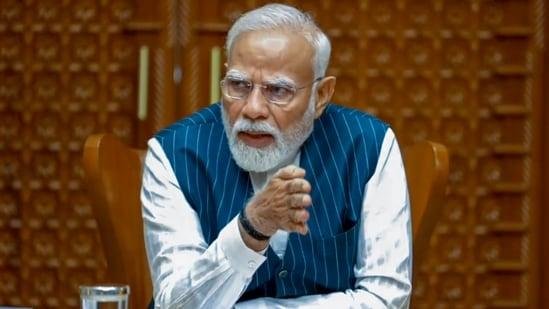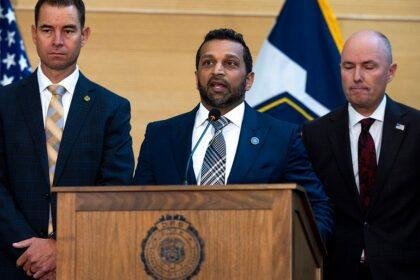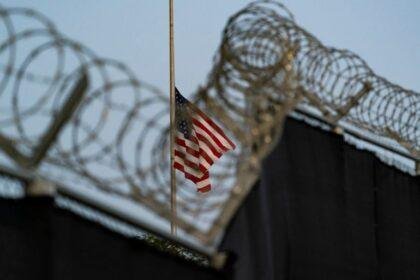Prime Minister Modi Responds to Unrest in Nepal: A Call for Peace Amidst Turmoil
In a significant development, Indian Prime Minister Narendra Modi expressed deep concern over the escalating violence in neighboring Nepal, describing the situation as “heart-wrenching.” His remarks come in the wake of widespread protests that have resulted in the tragic loss of lives and significant political upheaval in the Himalayan nation.
Modi’s Appeal for Stability
In a post shared on X, formerly known as Twitter, Modi emphasized the importance of Nepal’s stability, peace, and prosperity to India. He stated, “The stability, peace, and prosperity of Nepal are of utmost importance to us. I humbly appeal to all my brothers and sisters in Nepal to support peace.” This statement reflects India’s long-standing interest in maintaining a stable and friendly relationship with its northern neighbor, which shares deep cultural, historical, and economic ties with India.
Modi’s comments followed a meeting of the Cabinet Committee on Security, where officials discussed the ongoing situation in Nepal. The Prime Minister expressed his anguish over the loss of young lives, underscoring the human cost of the unrest. The Indian Ministry of External Affairs also released a statement, expressing sadness over the violence and urging all parties involved to exercise restraint and resolve their differences through dialogue.
The Catalyst for Protests
The protests in Nepal erupted following the government’s controversial decision to shut down popular social media platforms, including Facebook, Instagram, WhatsApp, YouTube, X, and Reddit. This action was taken after users failed to register with the Ministry of Communication and Information Technology by the August 28 deadline. The government’s move was perceived as an infringement on freedom of expression, igniting public outrage.
Despite the government’s subsequent decision to lift the ban on social media, the protests intensified. Demonstrators took to the streets, leading to violent clashes that resulted in the burning of key government buildings, including the Parliament, the President’s Office, and the Prime Minister’s residence. The situation escalated further when protesters set fire to the home of former Prime Minister Jhalanath Khanal, leading to tragic consequences as his wife succumbed to burn injuries.
A Historical Context
Nepal has a history of political instability, marked by a decade-long civil war that ended in 2006 and a subsequent transition to a federal democratic republic. The current unrest is reminiscent of past protests that have often been fueled by public dissatisfaction with government policies and perceived corruption. The recent events highlight the fragile nature of Nepal’s democracy and the challenges it faces in balancing governance with the aspirations of its citizens.
The protests also reflect a broader trend in the region, where citizens are increasingly vocal about their rights and freedoms. Similar movements have been observed in neighboring countries, where social media has played a crucial role in mobilizing public opinion and organizing protests. The rapid spread of information through digital platforms has empowered citizens, making it difficult for governments to suppress dissent.
The Role of the Nepal Army
In response to the escalating violence, the Nepal Army announced that it would take control of the country’s security until further notice. This decision marks a significant shift in the government’s approach to handling the unrest, as military involvement in civilian matters can often lead to further tensions. The army’s intervention raises questions about the future of civil liberties in Nepal and the potential for a heavy-handed response to dissent.
International Reactions
The international community is closely monitoring the situation in Nepal, with various countries expressing concern over the violence and loss of life. As a close neighbor, India has a vested interest in Nepal’s stability, given the historical and cultural ties that bind the two nations. Modi’s appeal for peace is not only a diplomatic gesture but also a reflection of India’s commitment to regional stability.
Conclusion
The ongoing protests in Nepal serve as a stark reminder of the challenges faced by democracies in the region. As Prime Minister Modi calls for peace and stability, the situation remains fluid, with the potential for further escalation. The coming days will be crucial in determining whether dialogue and restraint can prevail over violence and unrest. The world watches closely as Nepal navigates this turbulent period, hoping for a resolution that honors the voices of its citizens while ensuring the nation’s stability.











